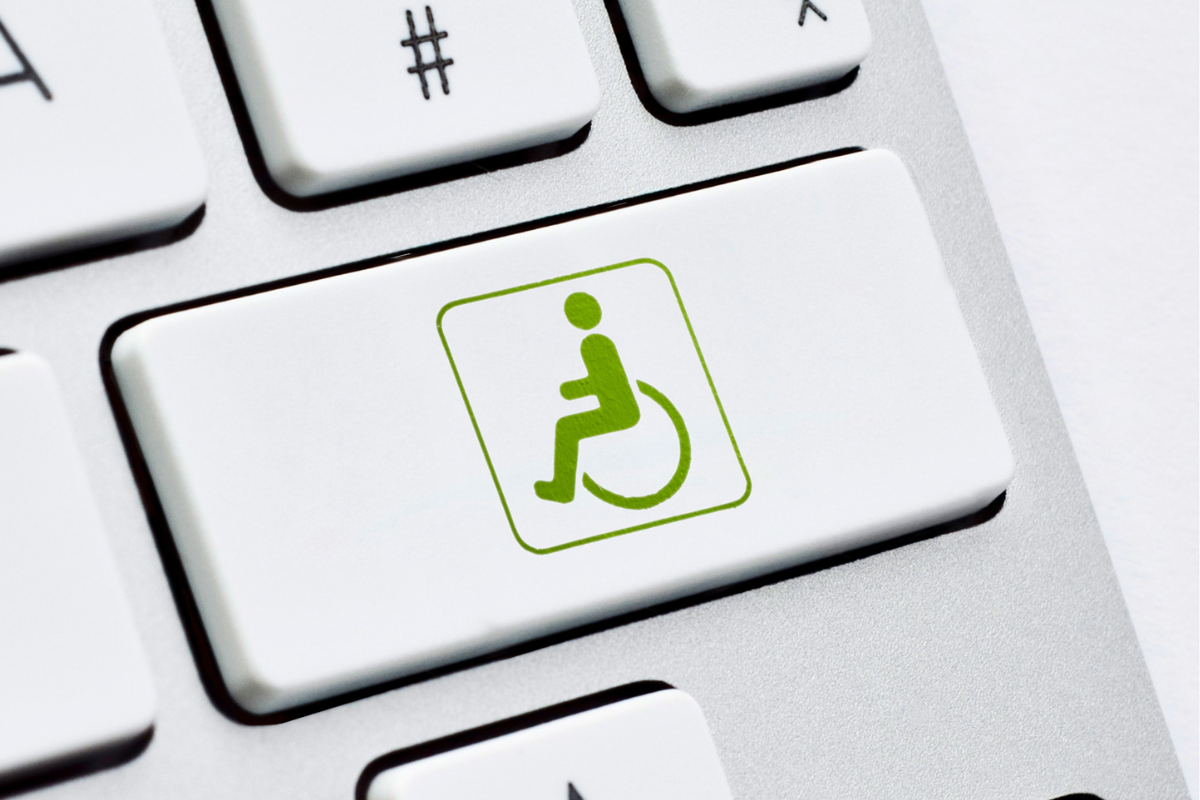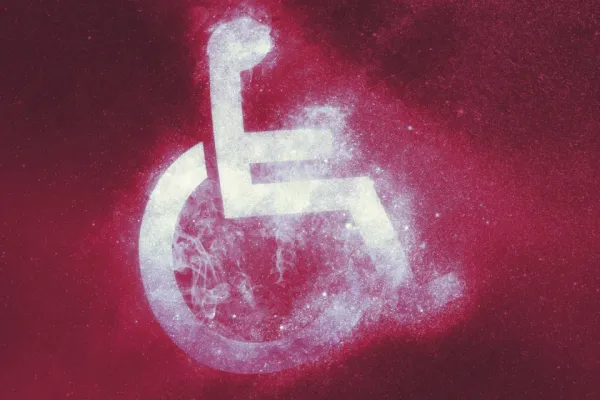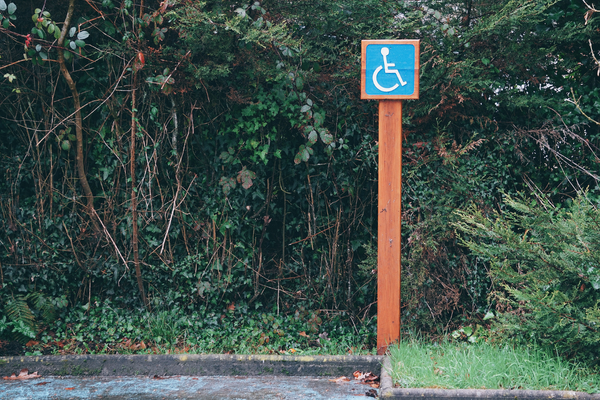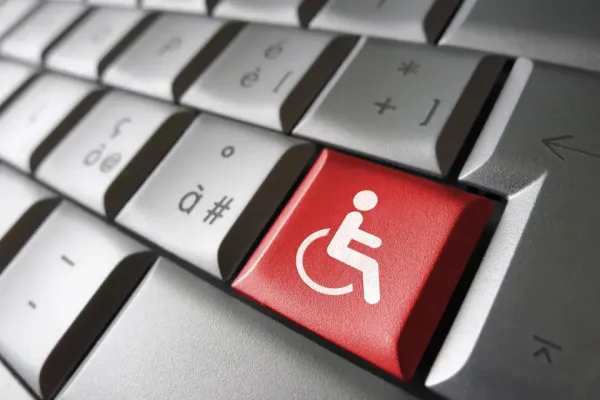8/11/25 - Politicians, UCEDDs, and being "undesirable"

Good afternoon!
The sun is out, the smoke from fires in Western Canada is thinning out, and the heat is cranking up fast here in Upstate New York. And there's a bit of a mix for this Monday's disability-related articles ...

Politicians Don’t Understand Disability
Mia Ives-Rublee, DC Journal - August 5, 2025
"Either we’re the deserving poor who need to be taken care of, or we’re lazy stowaways mooching off government assistance. Congressional Republicans and the Trump administration have all stated they aren’t making Medicaid cuts and that the only people who stand to lose Medicaid under the “One Big Beautiful Bill Act” are “able-bodied” Americans. What counts as “able-bodied”? A nurse with severe post-traumatic stress disorder who survived working at a New York City hospital during the pandemic and is now unable to qualify for government aid because she has $2,500 in her bank account? A construction worker with severe work-related arthritis and a high school diploma who’s under 65 years old? Or a Paralympic athlete with a spinal cord injury who holds the 400-meter world record?"
Mia makes an essential point about how politicians view disability as an either-or state. You're either disabled and worthy of support and sympathy, or you're not, and if you claim you are, you're a malingerer and a cheater. In reality, disabilities are often subtle, always complex, and very rarely stable. This is something elected officials need to understand much better than they do. But it's also something everyday citizens need to understand, too. People still mock and criticize a disabled person when they stand from their wheelchair for a minute, or wheel one day and walk the next. But that's mostly an annoyance. What's worse is when they defend Medicaid cuts by repeating the deception that they won't affect real disabled people, only fakers. As the "Big Beautiful Bill" is implemented and its details debated, we will need to hear much more about those gray-area cases of people with very real disabilities who nevertheless lose their Medicaid and other benefits because of shifting goalposts and intentionally burdensome bureaucracy. A more nuanced understanding of disability and more frequent exposure to disabled people's lives has never been more important.
The Architects Nobody Knows: Why Eliminating UCEDDs Is Like Building a City Without Plans
Kara Ayers, Kara Ayers' Substack - July 21, 2025
"When a new pre-K teacher gets trained on inclusive education practices, they probably don't know a UCEDD developed the curriculum. When a hospital implements a better protocol for communicating with patients who have intellectual disabilities, the staff might not realize a UCEDD researched and piloted that approach. When a state changes its employment policies based on evidence about what actually helps people with disabilities get and keep jobs, legislators rarely mention that a UCEDD provided the research and technical assistance that made it possible ... It's easy to cut funding for things people can't see."
Kara makes a strong case here for the University Centers for Excellence in Developmental Disabilities, one of the many disability programs being cut here in the US. It's a program that even a lot of disabled people and disability activists couldn't readily explain. Most disability agencies and programs are pretty much unknown to most people. That makes them more easily misunderstood, mischaracterized, and targeted as waste, or as merely jobs for bureaucrats and academics. Some programs appear more obscure than others. Regardless, just as could stand to know more about the lives of disabled people, we also need to have a much better grasp on what disability agencies and organizations do – especially those that do important work behind the scenes.
My Disability Was Used as a Synonym for an ‘Undesirable’ Characteristic. Will You Join Me in Obliterating This Logic?
Margaret Anne Mary Moore, Disability Visibility Project - August 6, 2025
"“If you want to make him an undesirable character, wouldn’t you just give him cerebral palsy? Nobody would want cerebral palsy ... Sitting in my motorized wheelchair at 25 and hearing my diagnosis denigrated at a writing group meeting where members critiqued peers’ work, I was horrified. The person who said it had heard me read many nonfiction pieces about cerebral palsy (CP) and previously made gibes about disability narratives’ valuelessness—comments I countered by reminding her that writers’ chosen topics should never be ridiculed. The CP remark was more grievous—the first time anyone included my specific diagnosis in a derogatory sentiment—and was a response to a fiction story featuring a man considered an outcast in town because of his “weird” way of walking and talking."
The incident described in this personal piece with the Disability Visibility Project opens up a familiar discussion in a more grounded way than usual. Hurtful words hurt, even when they aren't intentional. And as this piece suggests, supposedly unintentional ableism often reflects quite conscious and deliberate beliefs and feelings about disability and disabled people. Few "innocent" gaffes about disability are entirely innocent. And when we as disabled people are hurt by people's words, we are usually onto something real.






Disability Thinking Weekday is a Monday-Friday newsletter with links and commentary on disability-related articles and other content. Please like, share, comment, and subscribe — for free, or with a paid subscription.
A free subscription sends a newsletter to your email each weekday, and gives you access to the comments. Benefits of paid subscription also include:
- A monthly recap with links to all of the previous month's shared articles, organized by topic.
- Listing as a supporter, and a link to your website if you have one.
- You can recommend one disability-related article for me to share per month in a weekday post.
To to subscribe, upgrade to paid, or make a one-time donation, click one of the buttons below:
I am so grateful for your help and engagement, in whichever forms you choose!



